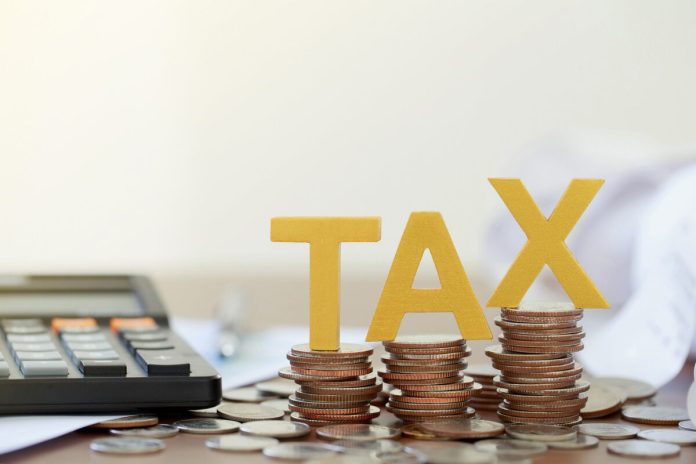How Tax is calculated on Interest Income?: Almost every person earns from interest. Be it a savings account, FD or bond, you get the benefit of interest and this earning is also taxable…
Just as your main income i.e. income is taxed, in the same way interest income is also taxed. Crores of people invest in savings accounts, fixed deposits, post office schemes, recurring deposits i.e. RD and bonds. Earn interest on this investment. Money earned from interest comes under the ambit of tax. However, many taxpayers are not aware of this and hence they do not show such income in the return. Let us know how interest income is taxed…
Tax on interest on savings account
Under Section 80TTA of the Income Tax Act, only interest up to Rs 10,000 received from a savings account in a financial year is tax-free. This limit of deduction is not separate for each bank account, but includes the amount of interest received from all the savings accounts. This deduction is for people below 60 years of age and HUF i.e. Hindu Undivided Family. If the interest on savings accounts exceeds Rs 10,000, tax will be levied on the amount above Rs 10,000.
The taxpayer will have to show the amount of interest received from all savings accounts in a financial year in ‘Income from other sources’ in ITR. The interest amount will be added to your total income. You will have to pay tax as per the tax slab.
Tax on earnings from FD
The interest earned from bank fixed deposits i.e. FD is completely taxable for individuals i.e. common people i.e. completely within the tax net. Senior citizens i.e. people above 60 years of age can claim deduction of up to Rs 50,000 on interest earned from savings account and FD. To avail the benefit of deduction, interest has to be shown in ITR and deduction can be taken under section 80TTB. People below 60 years of age do not get the benefit of 80TTB.
If the FD interest exceeds a certain limit, banks also deduct TDS at the rate of 10 percent. For senior citizens, this limit is Rs 50,000 and for non-senior citizens i.e. people below 60 years of age, the limit is Rs 40,000. If your total income including interest is less than the basic exemption limit, you can prevent TDS from being deducted by filing Form 15G/15H.
In the old tax regime, the basic exemption limit for taxpayers below 60 years of age is Rs 2.5 lakh. For senior citizens above 60 years, this limit is Rs 3 lakh, while for super senior citizens, i.e. 80 years and above, this limit is Rs 5 lakh. The basic exemption limit in the new tax regime from financial year 2023-24 is Rs 3 lakh.
Tax on interest on small savings scheme
Interest received from small savings schemes like recurring deposits i.e. RD, Kisan Vikas Patra (KVP) and National Savings Certificate (NSC) is also taxable. The interest amount will be added to your earnings and you will have to pay tax according to the income slab you fall in. Similarly, Senior Citizen Savings Scheme i.e. SCSS is very popular among senior citizens. By investing in it, they get interest at regular intervals. The interest received in this scheme is also taxed. If the total income including interest is less than the basic exemption limit then there will be no tax.
This scheme is completely tax-free
Public Provident Fund i.e. PPF is one of the few such savings schemes, which comes in the EEE i.e. Exempt-Exempt-Exempt category. This means that the principal amount, interest and maturity amount deposited in PPF are completely tax-free.






